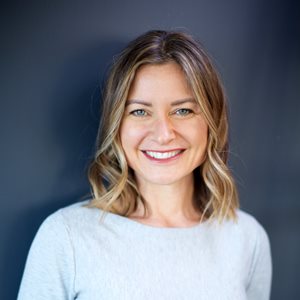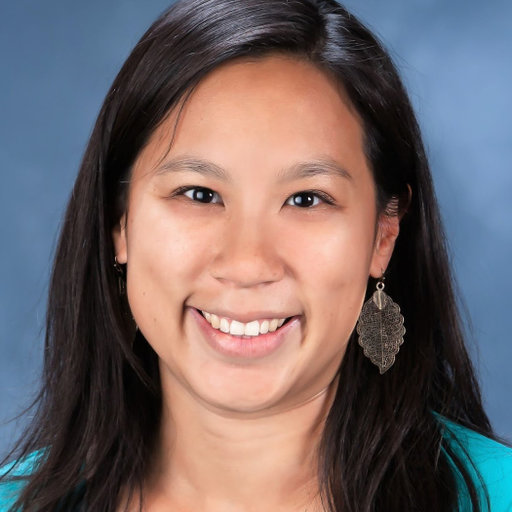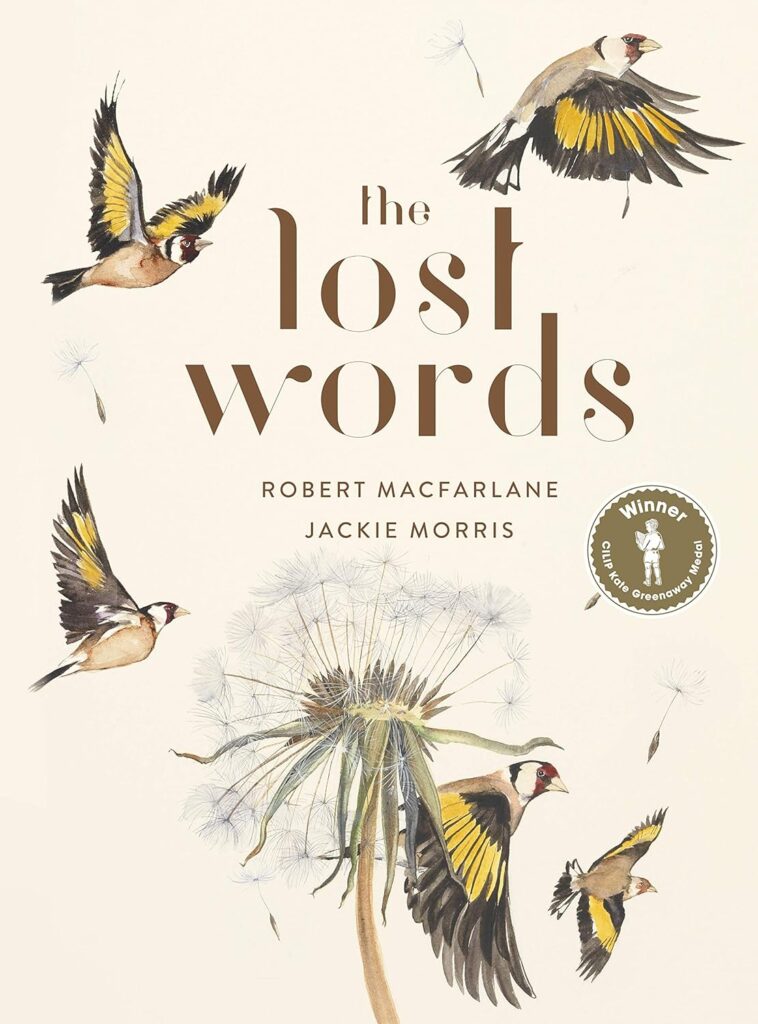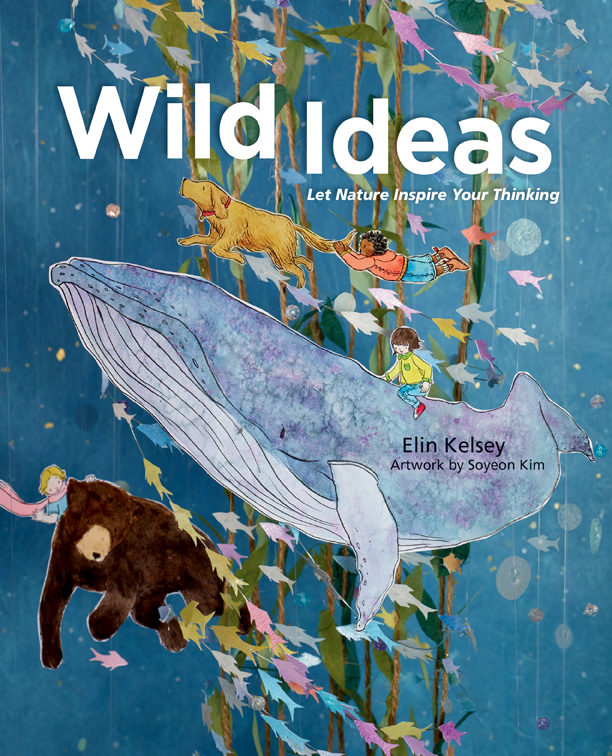Learning Ecology Through Storytelling

a Discovery Core Experience
May be taken as either BCORE 104 (Arts & Humanities) or BCORE 110 (Natural Sciences)
About This Course
Understanding the ecological interactions that sustain our natural world is critical in a time of unprecedented global change driven by humans. In learning how ecosystems function, we can better appreciate, protect, and restore them. Children’s literature and storytelling provide a unique way for us to cultivate appreciation and understanding of the natural world among children and adults alike.
Why Storytelling?
Storytelling has always been a way of conveying information across time and among cultures. This course surveys existing children’s literature to explore ecological concepts and environmental issues. Students will be introduced to popular children’s picture books that provide engaging and accessible explanations about the relationship between organisms and their surrounding environment. We will learn important ecological relationships such as mutualisms, plant-animal relationships, and human driven ecosystem change. At the same time, we will explore how storytelling draws on written & oral traditions, rhetorical strategies, and art & illustration to convey ecological concepts. How do different narratives impact public perception? What makes a story effective in enlivening curiosity and promoting pro-environmental behavior? How can we draw on diverse cultural elements and traditions to reach different audiences?
Selected Books from Our Class
Where Does Class Meet?
Classes will meet each week at the EERC, an off-campus classroom located in the forest of St. Edward State Park (15 minutes from campus) where students can explore the outdoors, study forest ecology with boots on the ground, and get inspired about ways we represent forests through storytelling. Please note you will need to drive or take public transportation to the St. Edward location most weeks.
Selected Projects & Activities
The course will also feature multiple guest presentations from children’s book authors and Indigenous storytellers in our region. We will then apply our understanding of ecology and effective storytelling to explore gaps in the existing literature, and use our own creative and artistic process to create short stories written for children.
Professor Jennifer Atkinson (she/her/hers)
School of Interdisciplinary Arts & Sciences

About Professor Atkinson
Ph.D. English Language and Literature, University of Chicago
M.A. English Language and Literature, University of Chicago
B.A. English and History, University of California Santa Barbara
Contact
Office: Husky Hall 1316
Email: jenwren@uw.edu
Phone: 773-350-8364
Website: drjenniferatkinson.com
Professor Cynthia Chang (she/her/hers)
School of Science, Technology, Engineering & Mathematics

About Professor Chang
Yale University, New Haven, CT
Ph.D. Ecology & Evolutionary Biology
University of Maryland, College Park, MD
B.S. Conservation Biology
Contact
Location: INV-240C
Phone: 425-352-5123
Email: cynchang@uw.edu
Website



